Home>Articles>What Temperature Should Freezer Be For Ice Maker
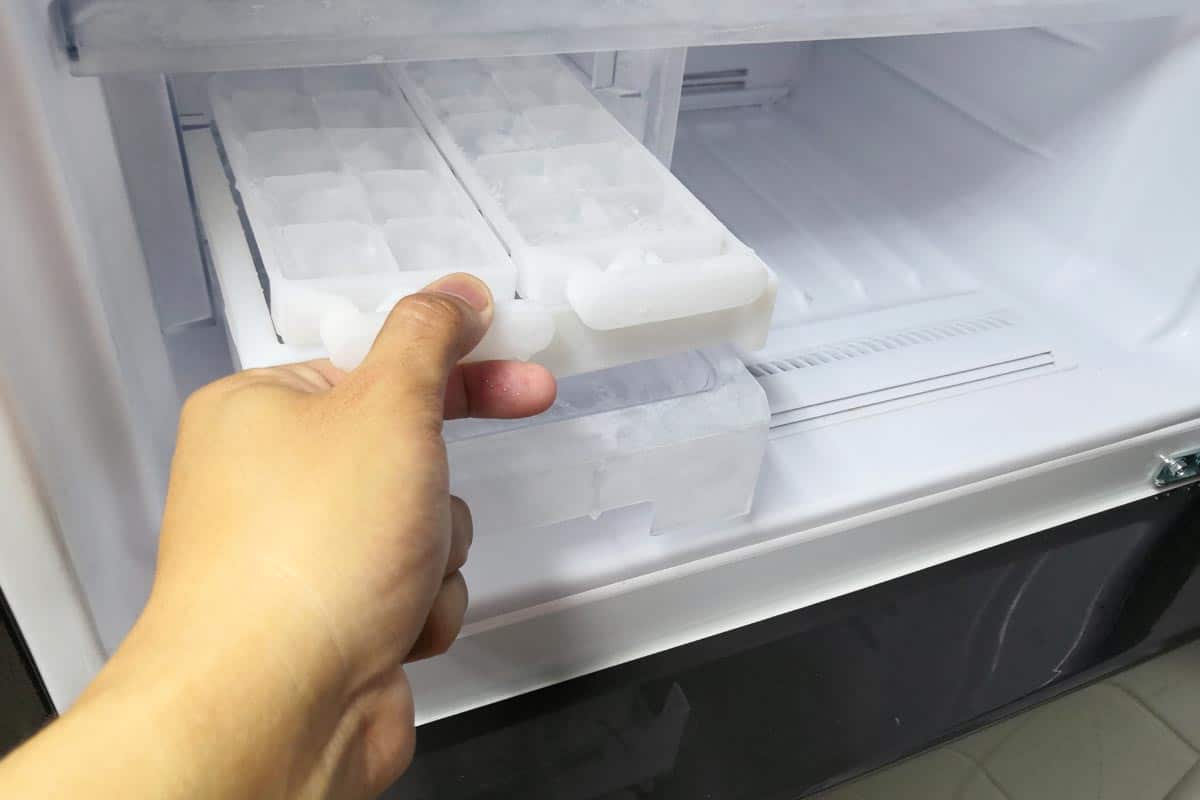

Articles
What Temperature Should Freezer Be For Ice Maker
Modified: February 20, 2024
Learn the ideal freezer temperature for your ice maker in this informative article. Discover the optimal conditions for efficient ice production and storage.
(Many of the links in this article redirect to a specific reviewed product. Your purchase of these products through affiliate links helps to generate commission for Storables.com, at no extra cost. Learn more)
Introduction
The temperature of your freezer plays a crucial role in the performance of your ice maker. Whether you use the ice maker in your refrigerator or have a standalone ice maker, maintaining the correct freezer temperature is essential for producing a steady supply of ice cubes. In this article, we will explore the importance of freezer temperature for an ice maker and provide tips on how to maintain the ideal temperature for optimal ice production.
Ice makers are convenient appliances that provide us with ice on-demand, whether it’s for keeping drinks cool on a hot summer day or entertaining guests at a backyard barbecue. However, many people overlook the impact that the freezer temperature has on the efficiency and production of their ice maker.
When the freezer temperature is too high or too low, it can negatively affect the functioning of the ice maker and result in insufficient ice production or poor ice quality. Understanding the ideal freezer temperature for your ice maker and taking the necessary steps to maintain it can help ensure a consistent supply of ice cubes whenever you need them.
In the next section, we will delve into the specific reasons why the correct freezer temperature is vital for the proper functioning of your ice maker.
Key Takeaways:
- Maintaining the ideal freezer temperature between 0°F and 5°F is crucial for high-quality ice production, efficient ice maker operation, and energy savings. Regular monitoring and proper maintenance are key to ensuring optimal ice cube output.
- Incorrect freezer temperature can lead to poor ice quality, inefficient ice production, increased energy consumption, and potential damage to the ice maker components. Following simple tips such as minimizing door openings and keeping the freezer well-stocked can help maintain the correct temperature for optimal ice production.
Read more: What Temperature Should A Freezer Be
Importance of Freezer Temperature for Ice Maker
The freezer temperature is crucial for the efficient operation of your ice maker. Maintaining the correct temperature ensures that the ice maker can produce ice cubes that are clear, solid, and free from impurities. Here are a few reasons why freezer temperature is important for your ice maker:
- Ice Formation: The freezer temperature directly affects the rate at which water freezes in the ice maker. If the temperature is too high, the freezing process will be slower, resulting in smaller ice cubes or even water instead of solid ice. On the other hand, if the temperature is too low, the freezing process may happen too quickly, leading to the formation of cloudy or frosty ice cubes.
- Ice Quality: The correct freezer temperature helps ensure that the ice cubes produced by the ice maker are of high quality. A temperature that is too high can cause the ice to melt and refreeze, leading to irregularly shaped and cloudy ice cubes. Conversely, a temperature that is too low can result in excessively hard and oversized ice cubes.
- Ice Production: The efficiency of ice production is directly related to the freezer temperature. If the temperature is too high, the ice maker may struggle to produce ice cubes at a fast enough rate to meet your needs. Conversely, a lower temperature can result in excessive ice production, which may overload the ice maker and reduce its lifespan.
Aside from these reasons, maintaining the correct freezer temperature is also important for energy efficiency. A properly set freezer temperature ensures that your ice maker operates optimally, reducing energy consumption and potentially lowering your electricity bills.
Now that we understand the importance of freezer temperature for your ice maker, let’s explore the ideal temperature range for optimal ice production.
Ideal Freezer Temperature for Ice Maker
The ideal freezer temperature for your ice maker generally falls between 0°F (-18°C) and 5°F (-15°C). This temperature range ensures that the ice maker operates efficiently and produces high-quality ice cubes. However, it is essential to note that the optimal temperature can vary slightly depending on the specific make and model of your ice maker.
Setting the freezer temperature too high can result in slow freezing, leading to smaller and cloudy ice cubes. On the other hand, if the temperature is set too low, the ice cubes may become excessively hard, making them difficult to use. It is important to find the right balance by setting the temperature within the recommended range.
Most modern refrigerators and standalone ice makers have digital temperature controls that allow you to adjust and monitor the freezer temperature easily. If you are unsure about the temperature range for your specific ice maker, it is advisable to consult the manufacturer’s manual or website for guidance.
Keep in mind that the freezer temperature can fluctuate to some extent due to factors such as door opening and closing, the amount of food stored in the freezer, and external temperature conditions. However, it is important to maintain the temperature as close to the ideal range as possible to ensure optimum ice production.
Next, let’s explore the potential effects of incorrect freezer temperature on your ice maker.
The ideal temperature for a freezer with an ice maker is 0 degrees Fahrenheit (-18 degrees Celsius). This temperature ensures that the ice maker can produce ice effectively and that the ice stays frozen without becoming too hard.
Effects of Incorrect Freezer Temperature on Ice Maker
Incorrect freezer temperature can have several adverse effects on the performance and functionality of your ice maker. Let’s take a closer look at the potential effects of setting the freezer temperature too high or too low:
- Poor Ice Quality: If the freezer temperature is set too high, it can result in the formation of cloudy, soft, or irregularly shaped ice cubes. This is because higher temperatures can cause the ice to melt and refreeze, trapping air bubbles and impurities within the ice. On the other hand, excessively low temperatures can lead to overly hard and oversized ice cubes that are difficult to use.
- Inefficient Ice Production: Setting the freezer temperature too high can cause the ice maker to produce ice cubes at a slower rate, which can be problematic if you require a steady supply of ice. Conversely, a temperature that is too low can lead to excessive ice production, causing the ice maker to become overloaded and potentially compromising its lifespan.
- Increased Energy Consumption: Incorrect freezer temperature can result in increased energy consumption. If the temperature is set too high, the ice maker will have to work harder and longer to freeze the water, leading to higher electricity usage. Conversely, excessively low temperatures can also lead to energy inefficiency as the freezer has to work harder to maintain the extremely low temperature.
- Malfunctioning Components: Extreme temperatures can cause certain components of the ice maker, such as the water inlet valve or the ice mold, to malfunction. This can lead to issues such as water leakage, insufficient ice production, or even complete failure of the ice maker.
- Shortened Lifespan of Ice Maker: Continuously subjecting the ice maker to incorrect freezer temperatures can shorten its lifespan. The excessive strain on the components and the continuous fluctuations in temperature can lead to wear and tear, reducing the overall durability and performance of the ice maker.
Now that we have seen the potential effects of incorrect freezer temperature on your ice maker, let’s explore some tips on how to maintain the correct temperature for optimal ice production.
Tips for Maintaining the Correct Freezer Temperature for Ice Maker
To ensure that your ice maker consistently produces high-quality ice cubes, it is essential to maintain the correct freezer temperature. Here are some helpful tips to help you maintain the optimal temperature for your ice maker:
- Regularly Check Freezer Temperature: Use a refrigerator thermometer to regularly monitor the temperature inside your freezer. This will help you ensure that the temperature remains within the recommended range for your ice maker. Adjust the freezer settings if necessary to maintain the desired temperature.
- Avoid Frequent Door Opening: Limit the number of times you open the freezer door, as this can cause fluctuations in temperature. Whenever possible, plan ahead and retrieve all items you need from the freezer in one go to minimize the time the door is open.
- Keep Freezer Well-Stocked: A freezer with a good amount of food stored inside tends to maintain a more stable temperature. However, be cautious not to overcrowd the freezer, as this can restrict airflow and impact the freezer’s efficiency.
- Properly Seal Containers and Packages: Ensure that all food items in the freezer are properly sealed in airtight containers or packaging to prevent air leakage. This helps maintain a consistent temperature and minimizes the risk of frost buildup.
- Regularly Defrost Your Freezer: If your freezer does not have a self-defrosting feature, it is crucial to manually defrost it regularly. Frost buildup can insulate the freezer and reduce its efficiency. Follow the manufacturer’s guidelines on how often to defrost your freezer.
- Keep the Freezer Clean: Regularly clean the interior of the freezer to remove any spills or food debris. This helps maintain proper airflow and prevents any potential blockages that could affect the freezer’s ability to reach and maintain the desired temperature.
- Consider the Surrounding Environment: Take into account the ambient temperature and location of the freezer. If the freezer is placed in an area with high temperatures or exposed to direct sunlight, it may require more frequent temperature monitoring and adjustments to maintain the desired temperature.
By following these tips, you can ensure that your ice maker operates at its best by maintaining the correct freezer temperature for optimal ice production. Now, let’s wrap up our discussion.
Read more: What Temperature Should A Walk In Freezer Be
Conclusion
Maintaining the correct freezer temperature is crucial for the efficient operation of your ice maker. The ideal temperature range for your freezer falls between 0°F and 5°F, ensuring that your ice maker can produce clear, solid, and high-quality ice cubes. Setting the temperature too high or too low can result in poor ice quality, inefficient ice production, increased energy consumption, and potential damage to the ice maker components.
To maintain the correct freezer temperature, it is important to regularly monitor the temperature using a refrigerator thermometer and make necessary adjustments to the freezer settings. Additionally, minimizing door openings, properly sealing containers, keeping the freezer well-stocked but not overcrowded, regularly defrosting the freezer, and keeping the freezer clean are essential practices to ensure optimal ice production and prevent any issues caused by incorrect temperatures.
Remember to consider the surrounding environment and adjust accordingly, especially if the freezer is exposed to high temperatures or direct sunlight. By following these tips, you can ensure that your ice maker operates efficiently, providing you with a steady supply of high-quality ice cubes whenever you need them.
So, make it a habit to regularly check and maintain the correct freezer temperature for your ice maker, and enjoy the convenience and satisfaction of having an ice maker that consistently delivers perfect ice cubes for all your cooling needs.
Frequently Asked Questions about What Temperature Should Freezer Be For Ice Maker
Was this page helpful?
At Storables.com, we guarantee accurate and reliable information. Our content, validated by Expert Board Contributors, is crafted following stringent Editorial Policies. We're committed to providing you with well-researched, expert-backed insights for all your informational needs.
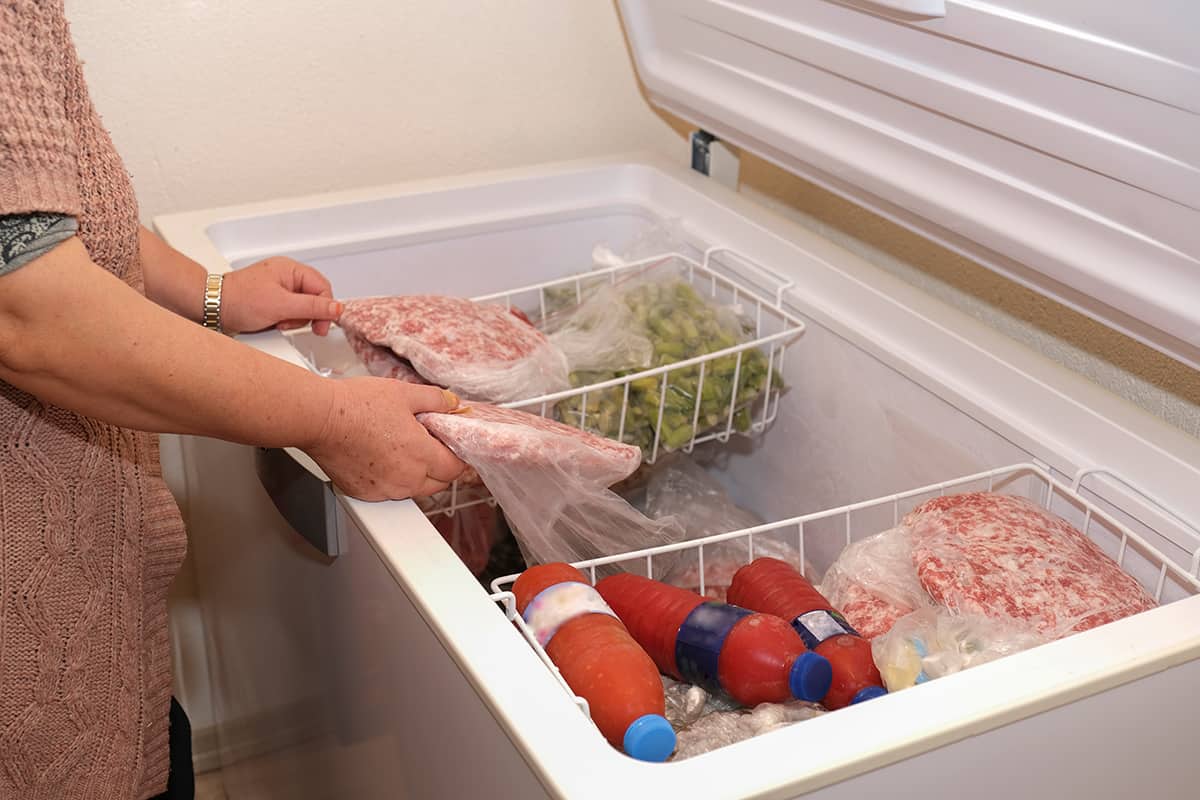
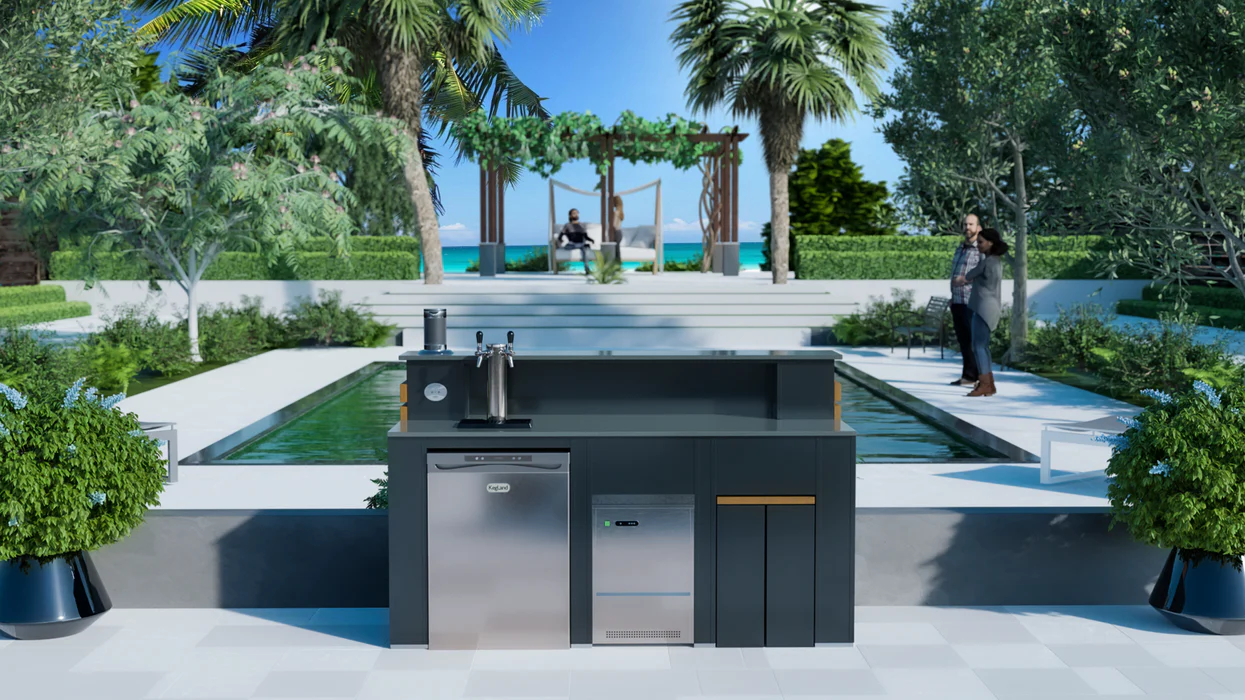
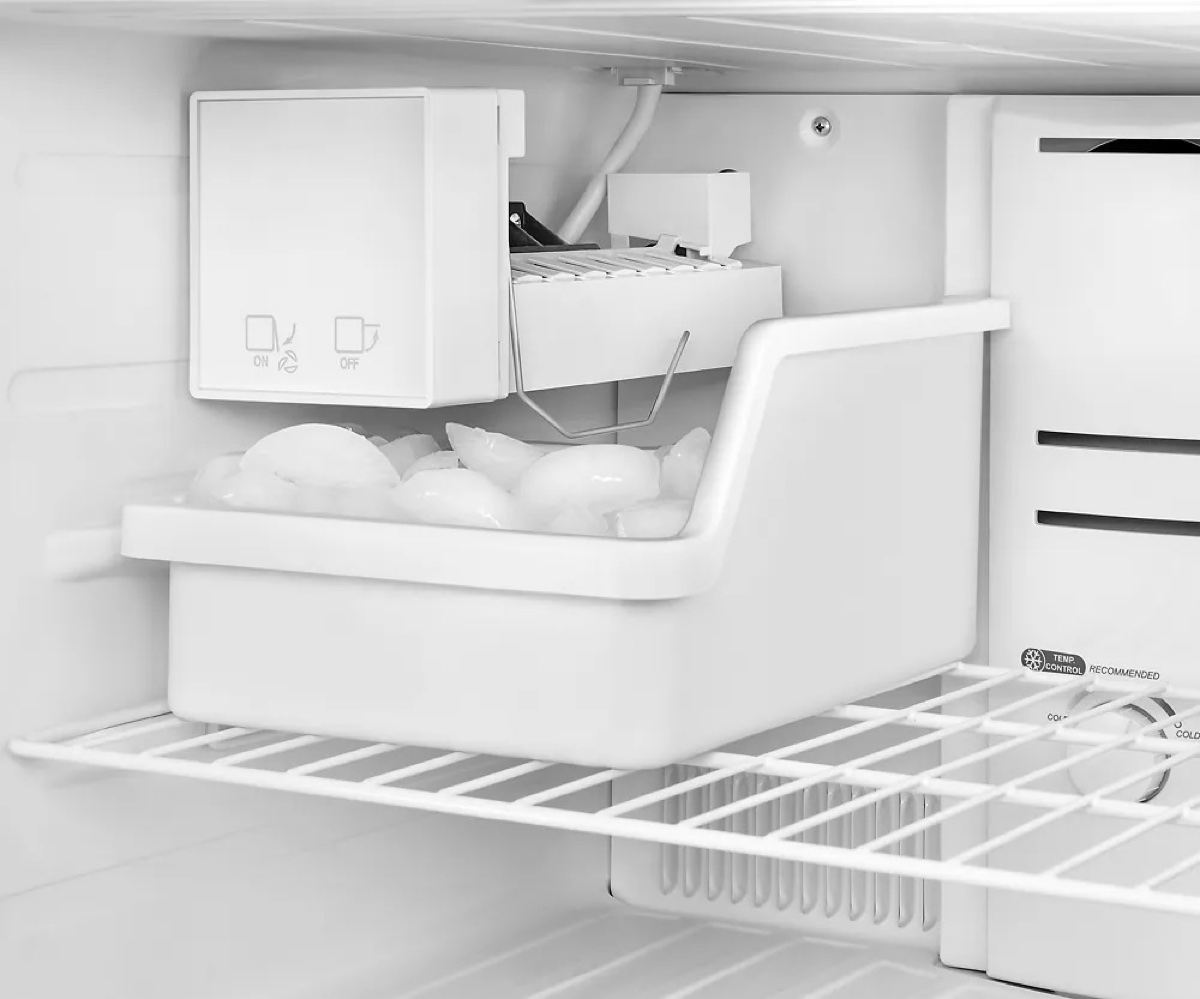
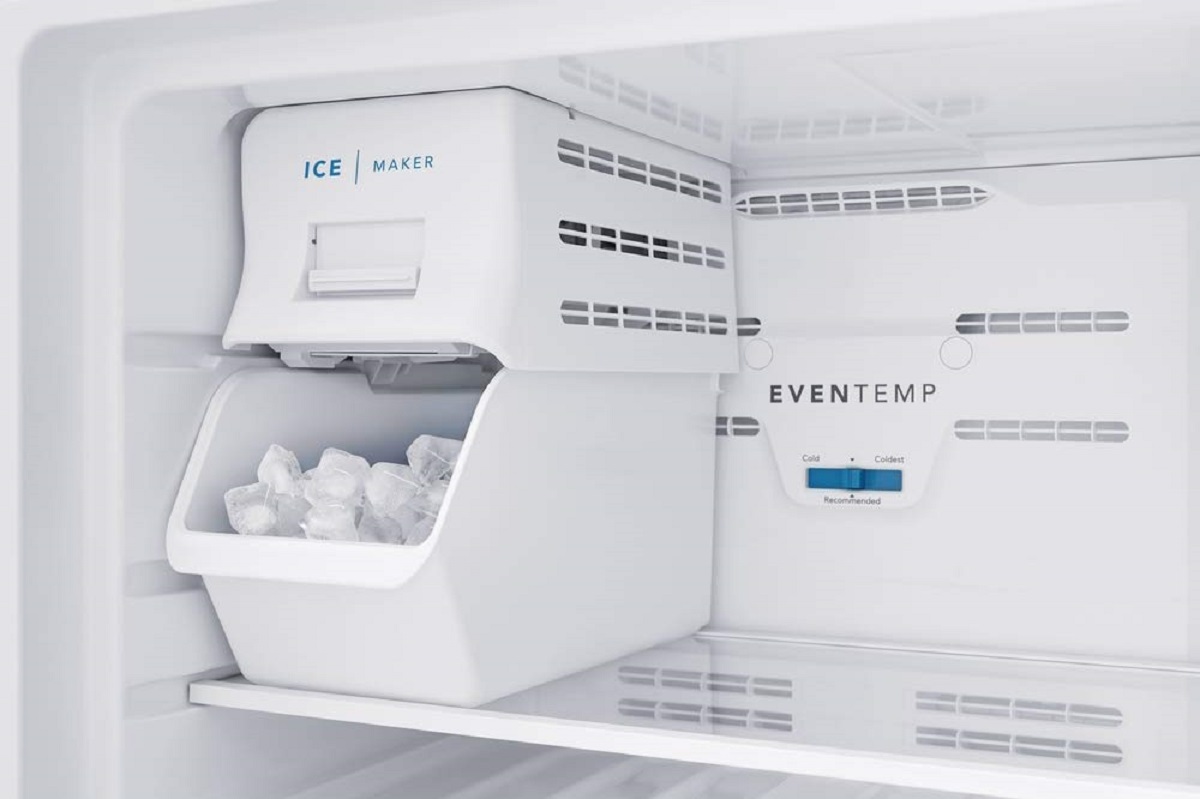
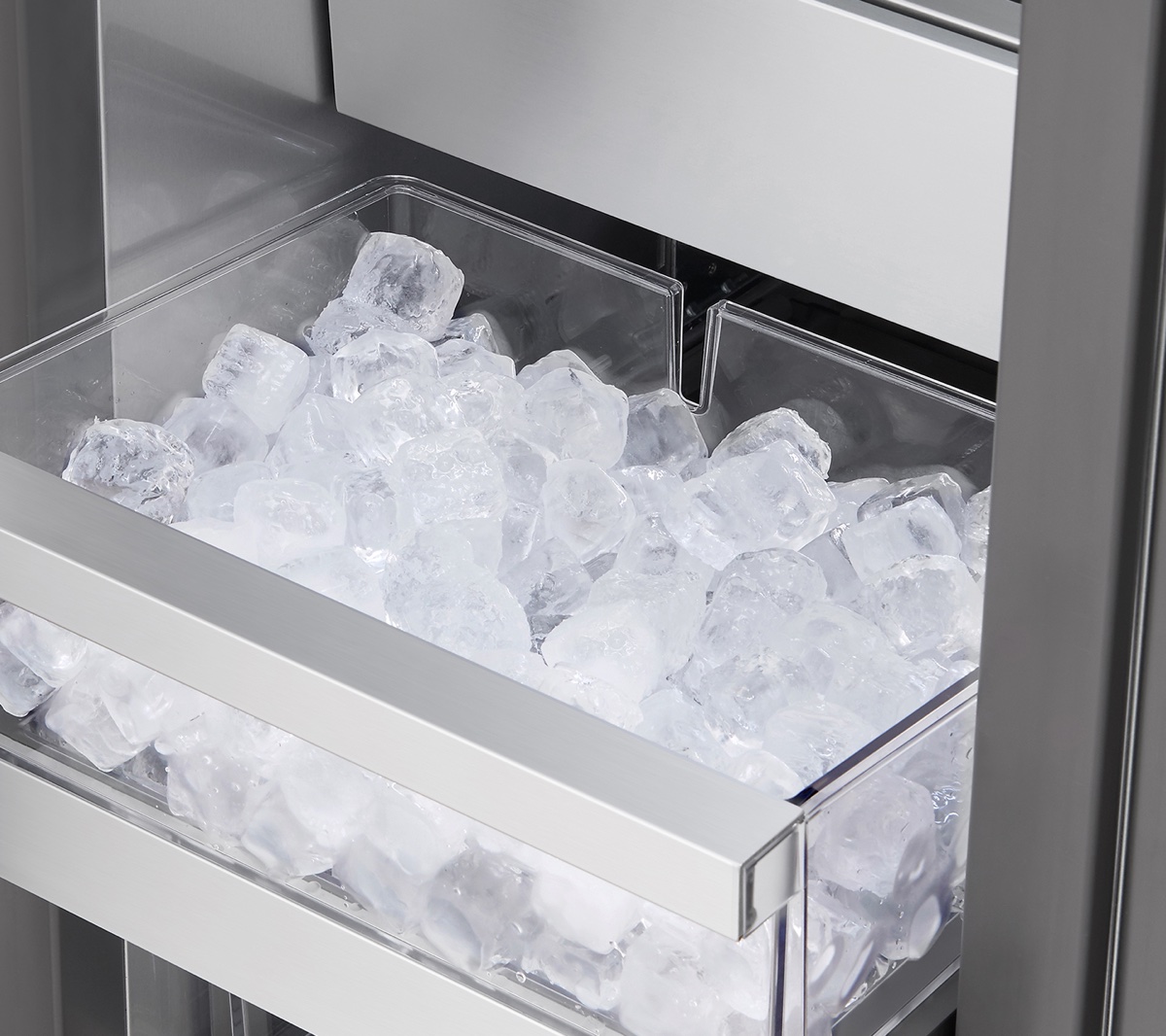
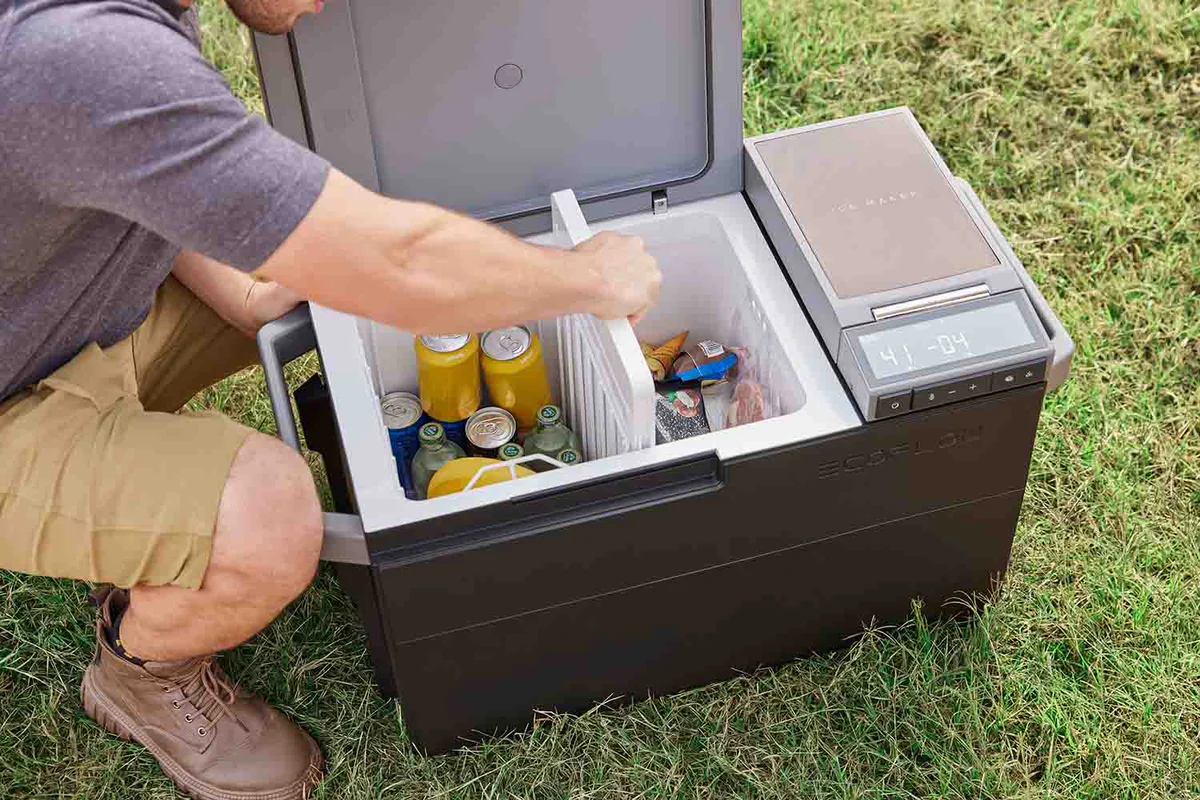
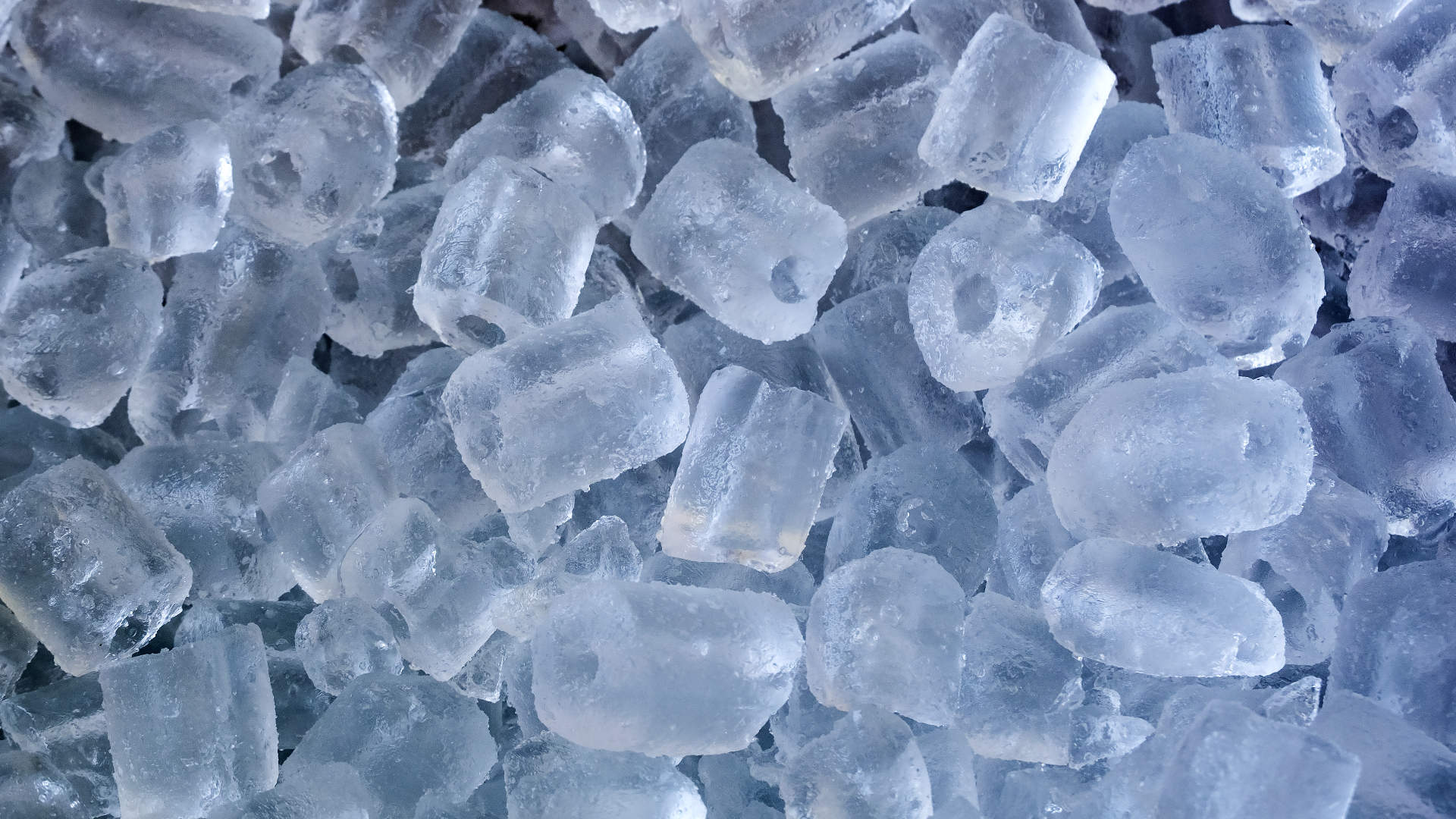
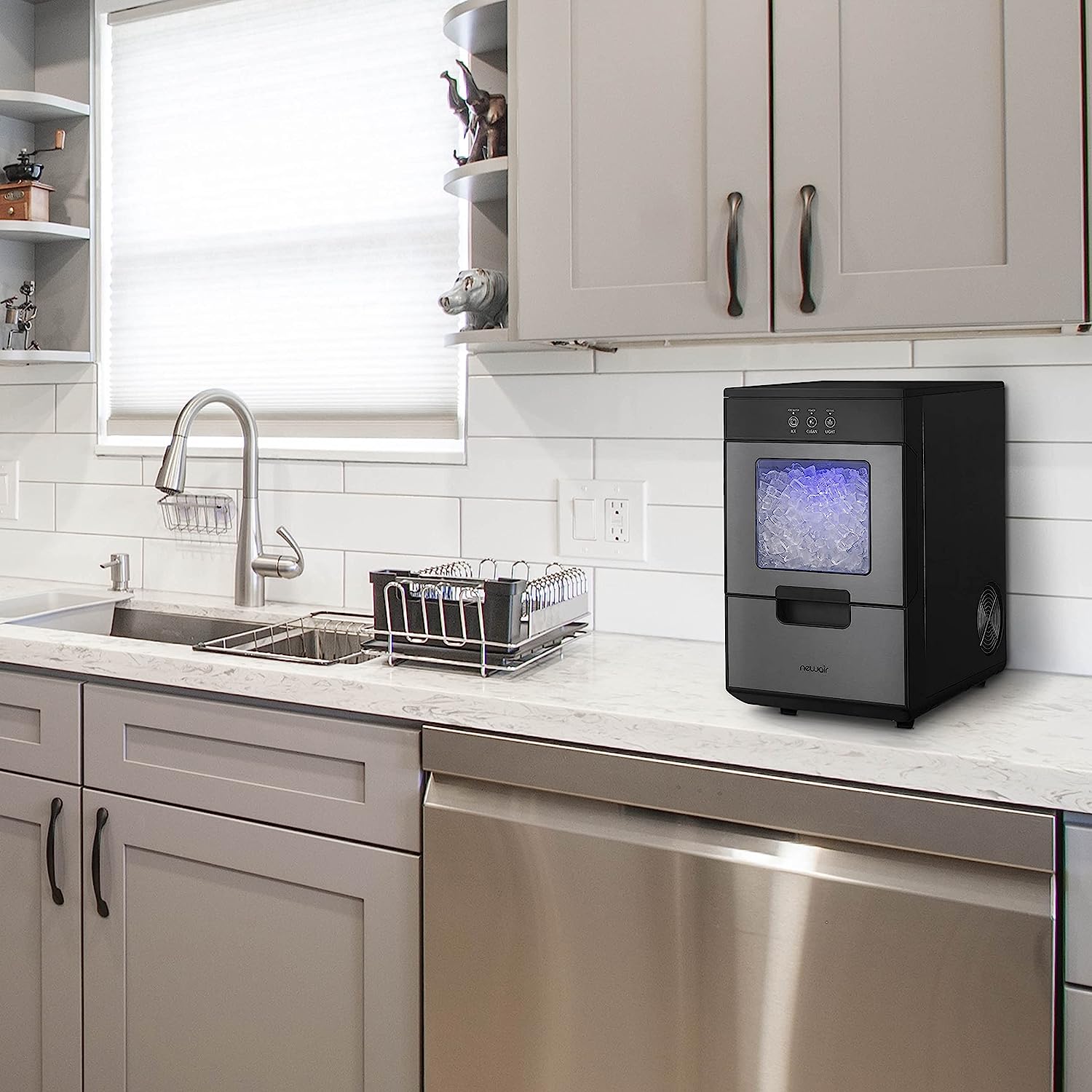
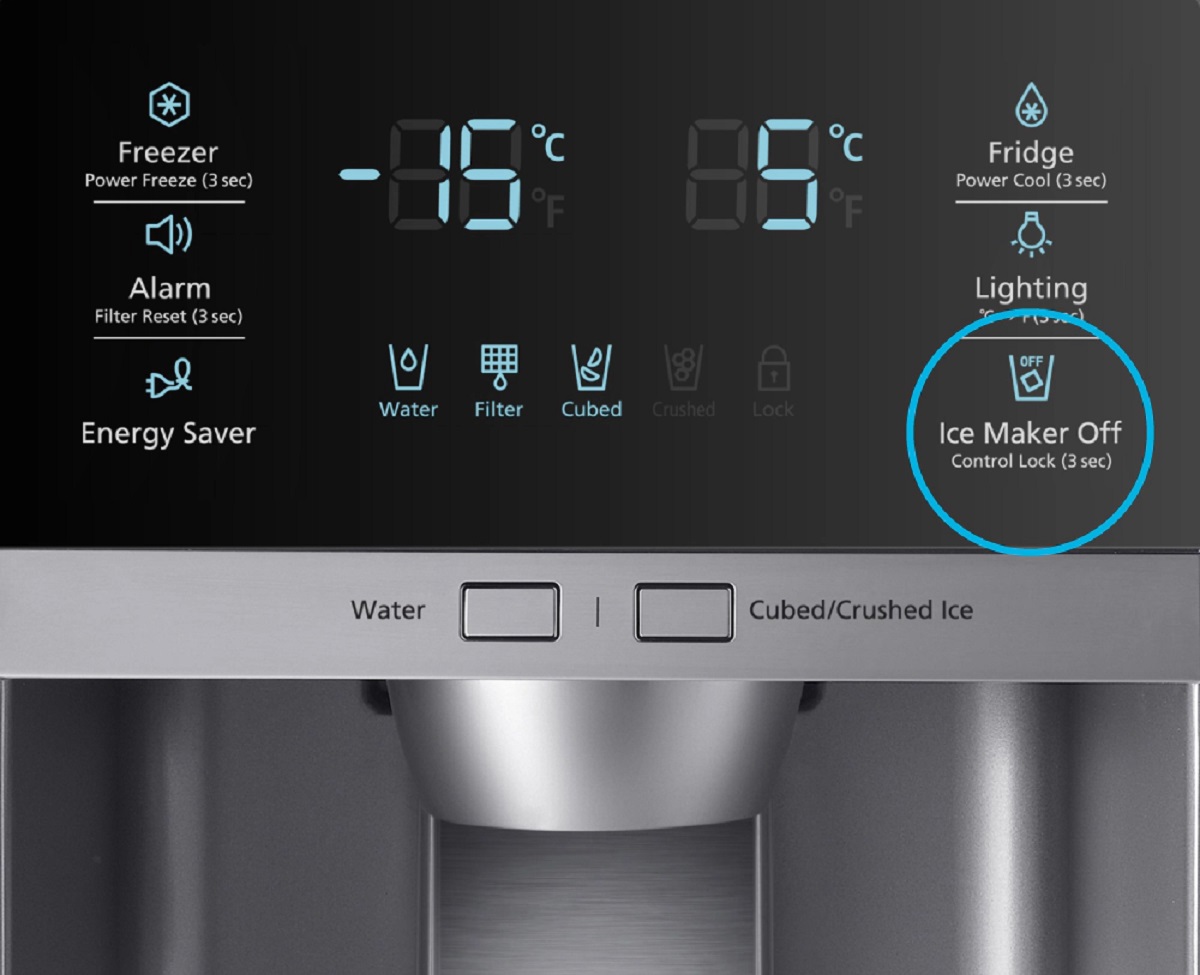
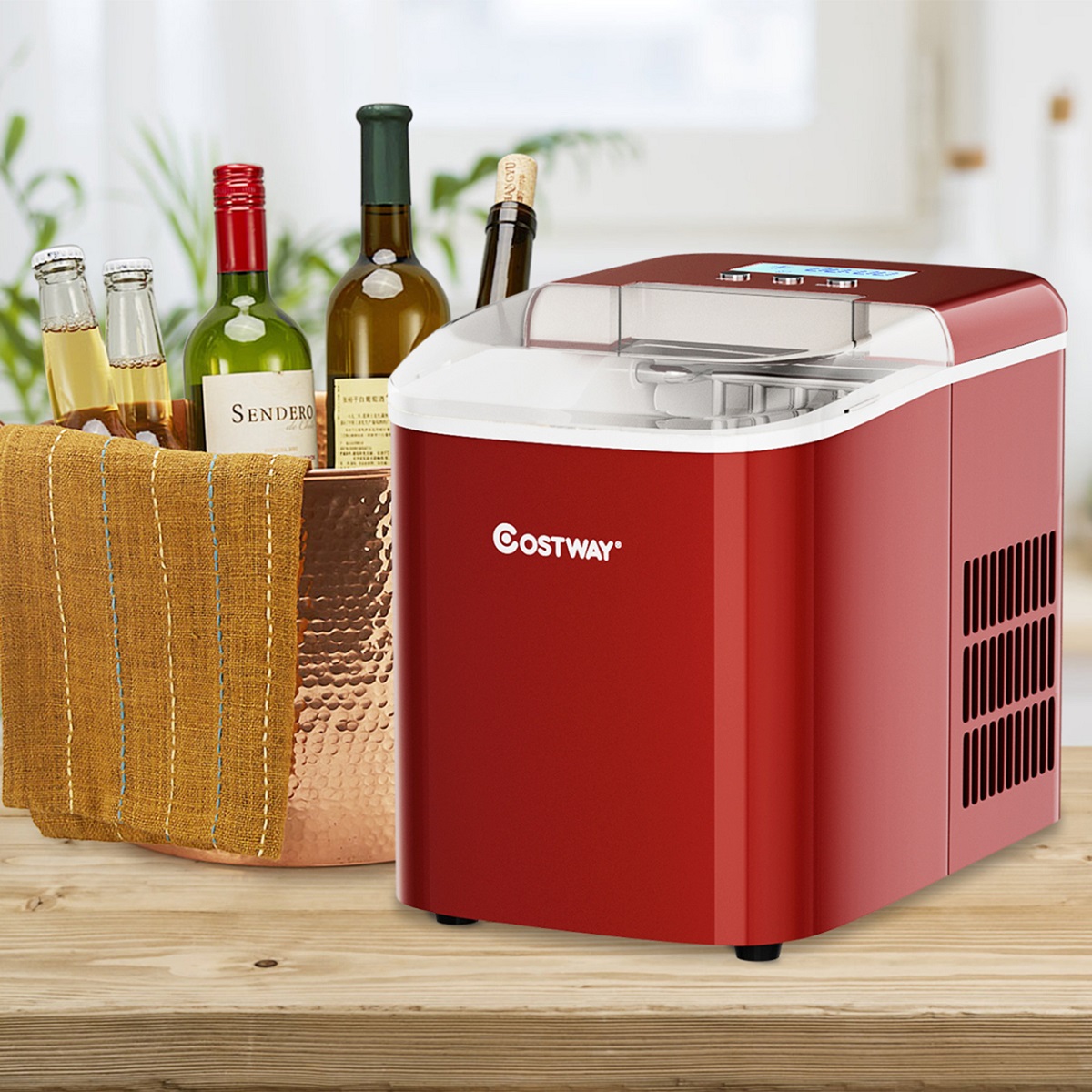
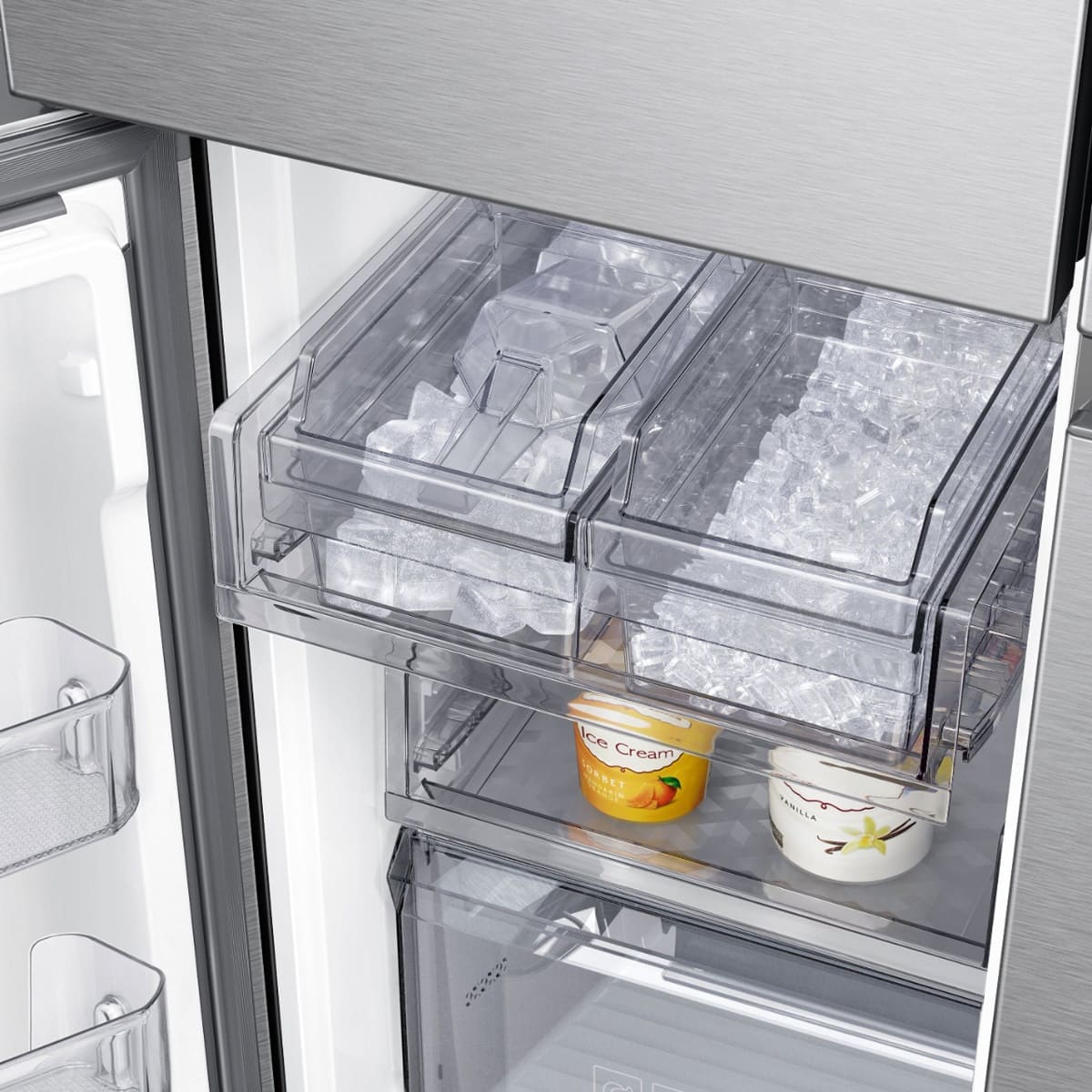
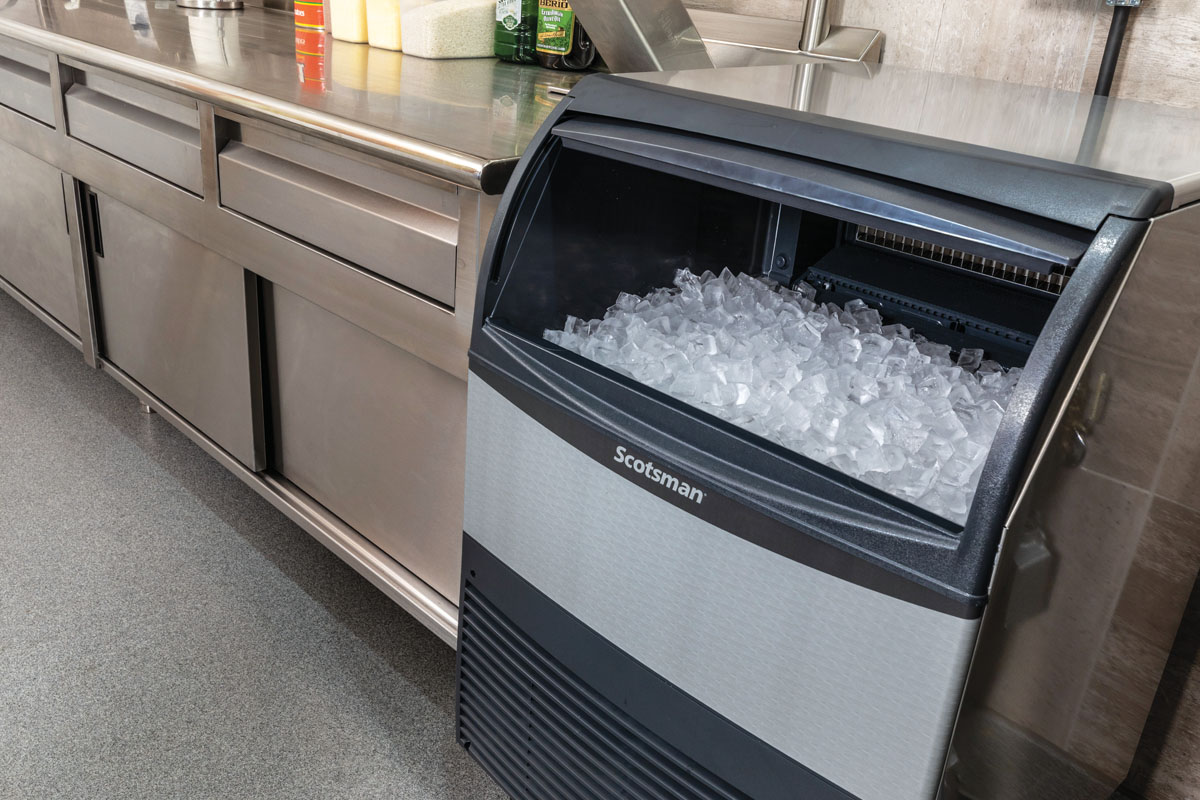
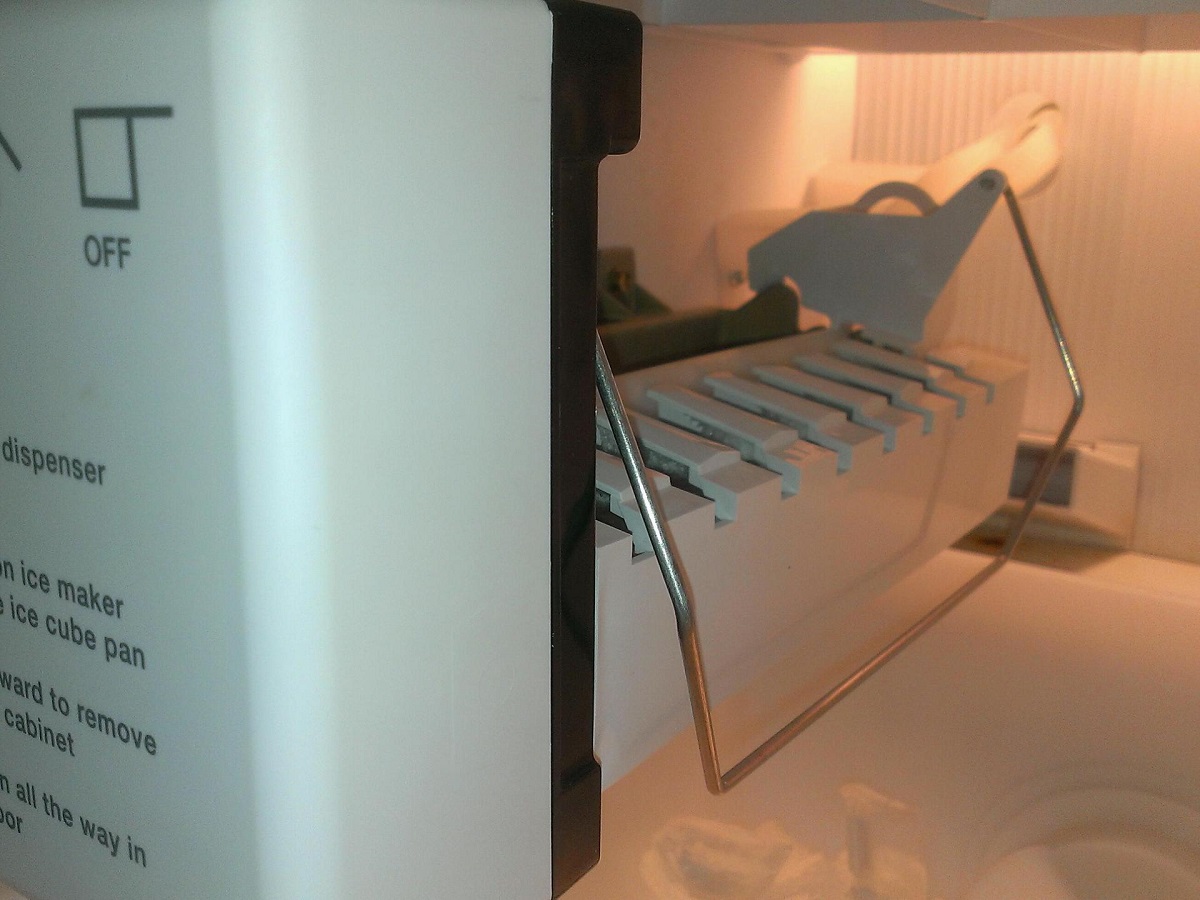
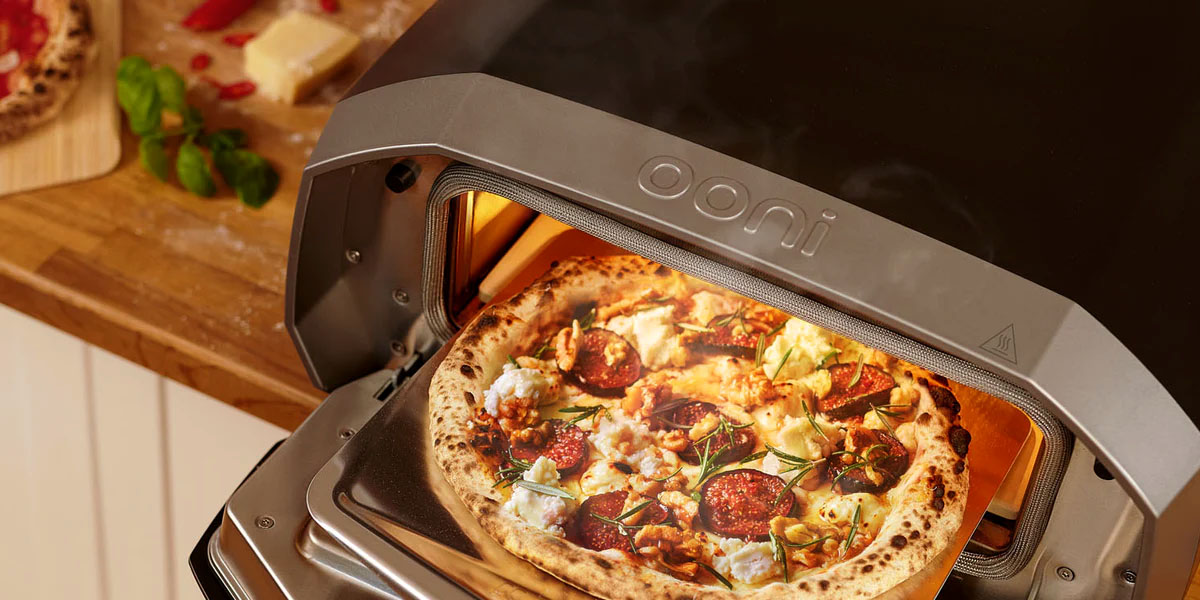

0 thoughts on “What Temperature Should Freezer Be For Ice Maker”